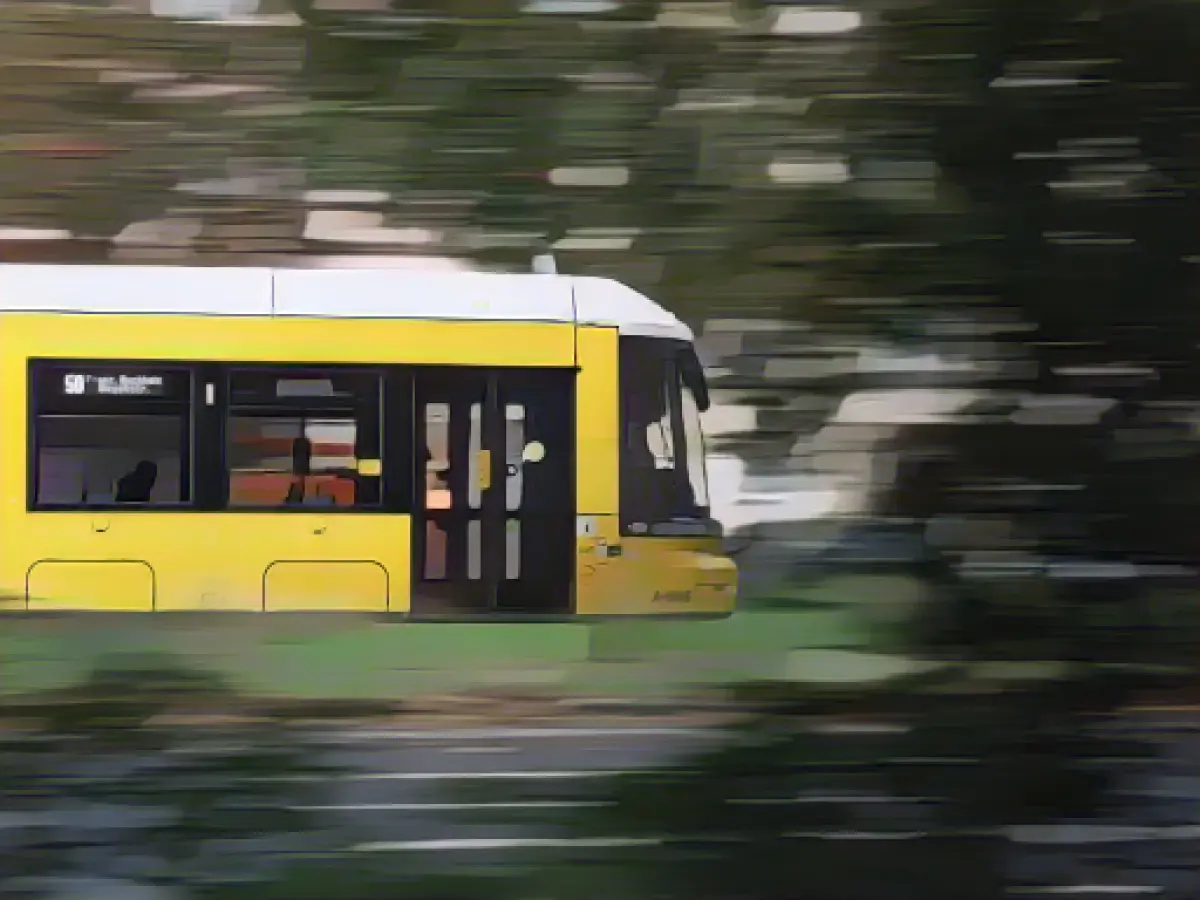Berlin's Public Transport (BVG) Witnesses Surge in Passengers Amid Railway Strike
Amidst the ongoing railway strike by the GDL union, Berlin's Public Transport (BVG) has reported a noticeable rise in passengers. According to company announcements, while the vehicles' capacities were generally sufficient, there were instances of passengers waiting for the next journey. This surge in passengers, coupled with the additional traffic on roads, resulted in delays of up to 20 minutes for bus and streetcar journeys. Subway services experienced delays of up to 10 minutes due to high passenger demand. However, following the rush hour, punctuality levels noticeably improved.
Unlike Berlin S-Bahn, which is operated by Deutsche Bahn, BVG's buses, subway trains, streetcars, and ferries remain unaffected by the strike. While regional trains in Berlin and Brandenburg were canceled, affecting almost all services on Thursday morning, the strike did not impact BVG's operations significantly.
Railway strikes can have far-reaching impacts, affecting alternative transportation tariffs and commuters. The increased demand for alternative transportation methods such as ride-sharing services and bike rentals can surge by roughly 40%. This surge may temporarily raise tariffs for these alternatives, impacting tariff-sensitive commuters. The ongoing strikes can also lead to more frequent railway strikes, potentially causing further disruptions to transportation and traffic flow.
Railway strikes are not just an inconvenience for commuters; they also impact local businesses. The disruptions in public transport result in a 20% drop in foot traffic for local businesses near transport hubs, highlighting the deep connection between transport accessibility and economic activity. Airline ticket prices to Berlin have slightly decreased during the strikes, with low-cost carriers offering deals to attract travelers looking for alternative routes to the city.
The ongoing operational restrictions are impacting tourism, with projections suggesting a 15% drop in visitors to Berlin. This is due to the lack of reliable transit options, leading to overcrowding on active routes and increased reliance on alternative transport like buses and trams. The economic consequences of these disruptions include the strain on local businesses near transport hubs and the airlines capitalizing on the situation by offering travel deals.
In summary, railway strikes can have widespread impacts, affecting alternative transportation tariffs, commuters, local businesses, and tourism. These disruptions highlight the vulnerability of urban transport infrastructure and the interconnectedness of various sectors, from public transportation to local businesses and tourism.








